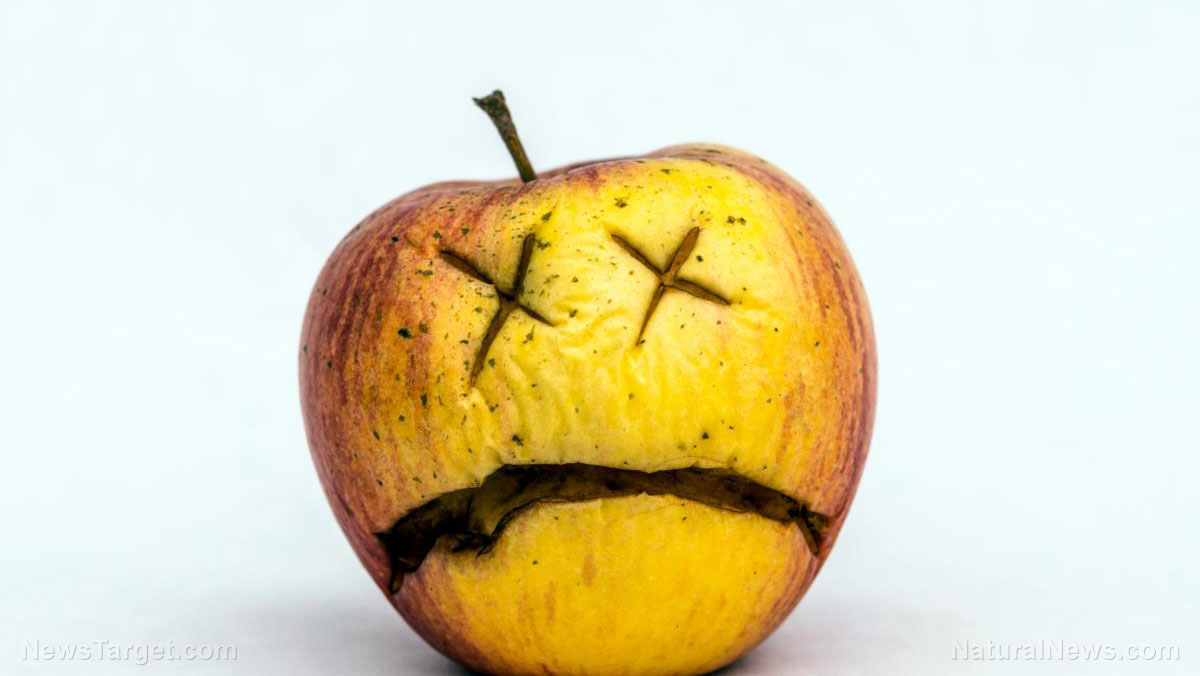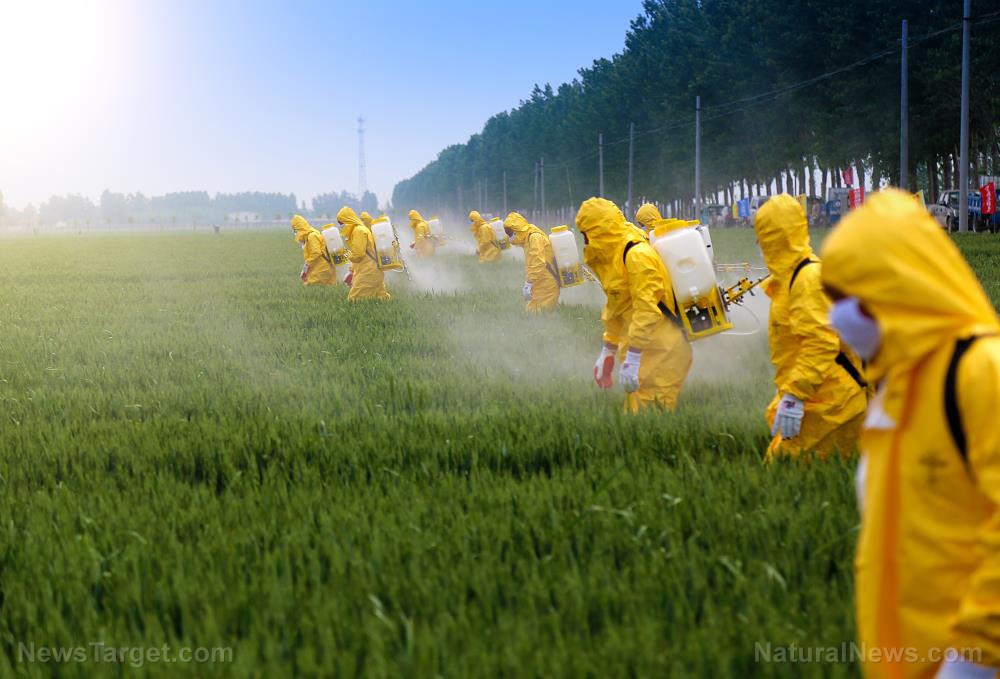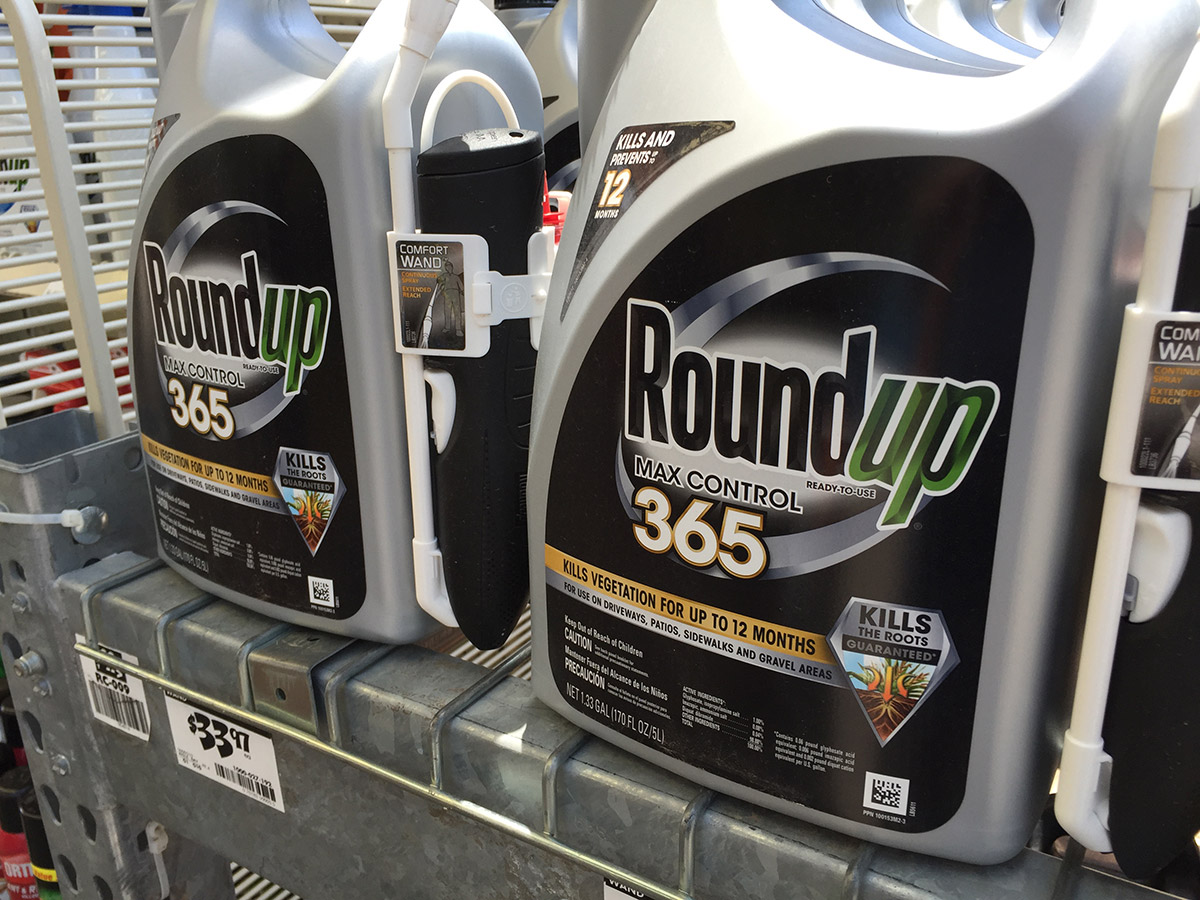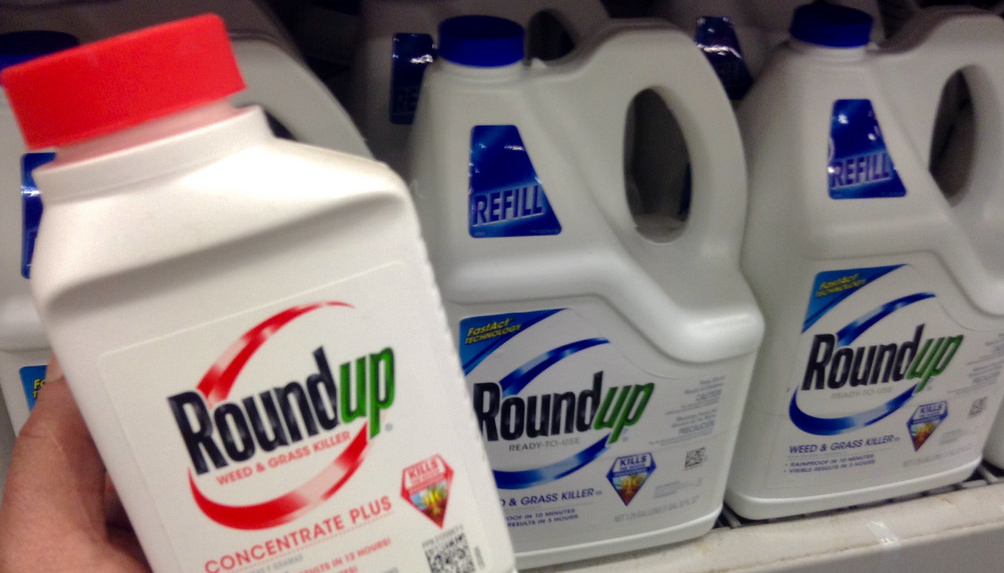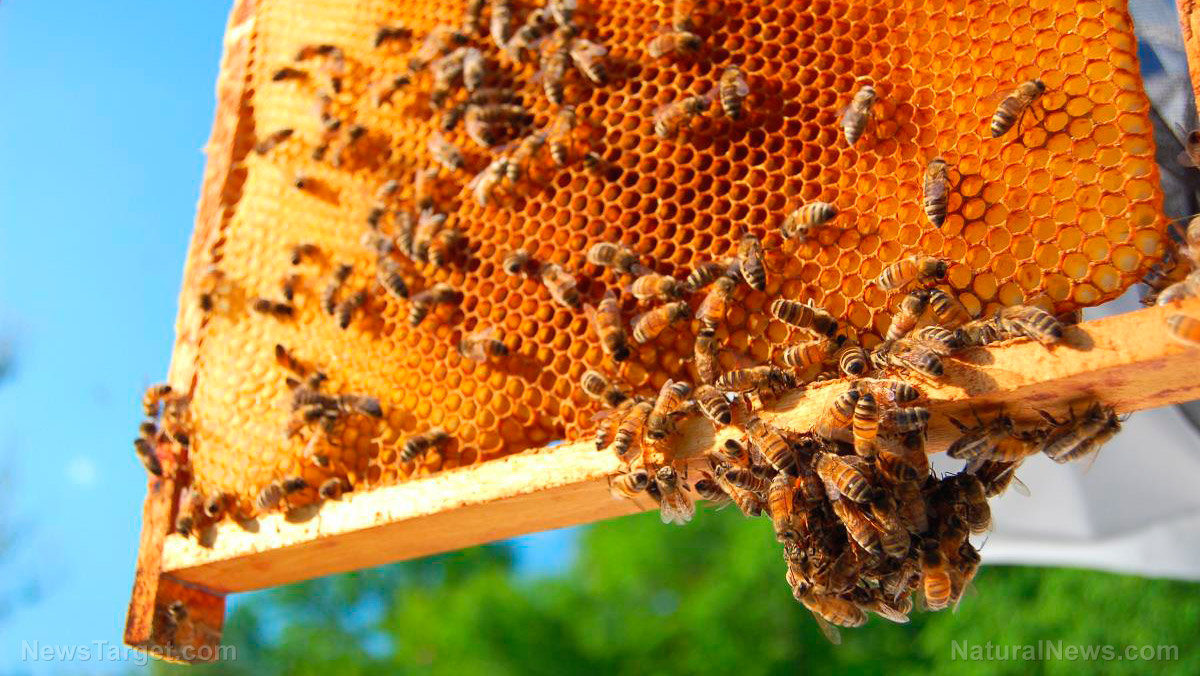Study shows honeybees are starving because of Roundup
06/27/2016 / By Vicki Batts

It should come as no surprise that the use of Roundup comes with many negative effects, not just on humans, but the environment. Things that live in our environment also cannot escape the consequences of Roundup. For example, a recent study published by The Journal of Experimental Biology found that Roundup actually causes honeybees to starve.
It is the first study to analyze both the short-term and long-term effects of the herbicide on honeybees, and the effects are quite damaging. The study, conducted by researchers from the University of Buenos Aires in Argentina, found that sub-lethal levels of Roundup still harmed honeybees. Sub-lethal means that the dose is not strong enough to kill, but apparently enough to maim. Using field-relative doses of the herbicide, researchers found that honeybees exposed to Roundup exhibited decreased sensitivity to sucrose — leading to a decreased ability to track and find food. Exposed bees also exhibited poorer learning performance, a decreased ability to smell and poor memory. Bees exposed to glyphosate tend to exhibit higher frequencies of Colony Collapse Disorder most likely because they cannot remember how to get back to their hive.
The researchers also noted that indirect exposure to Roundup was present as well. The honeybees inadvertently brought home tainted nectar to the rest of the colony, poisoning them as well. Exposure to glyphosate through tainted nectar also negatively impacted the entire hive’s ability to function normally.
The honeybee population has been dropping steadily over the past ten years. The National Agricultural Statistic Service has reported that the population has dropped from approximately 5 million bees to a mere 2.5 million. Examiner.com reports that about “One out of every three bites of food we eat is from a crop pollinated by honeybees.” Honeybee-pollinated plants make up about $20 billion worth of crops each year, just in the United States. If the honeybee population continues to decline, the effects on the food supply will be disastrous. The United Nations Environmental Programme reports that of the 100 crops that provide 90% of the world’s food, 71 require honeybee pollination. As beekeepers continue to report 40 to 50% disappearance within a hive, how can we not be increasingly concerned? Especially when the EPA plans on approving the use of glyphosate with an even more powerful chemical that could cause even more environmental devastation.
The EPA not only fails to protect the environment, they actually plan on making things worse!
Sources:
Tagged Under: CCD, colony collapse disorder, glyphosate, honeybees



